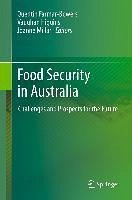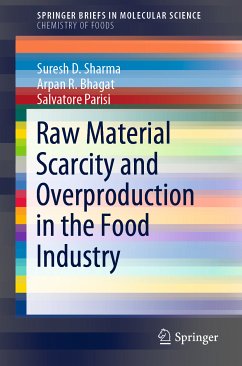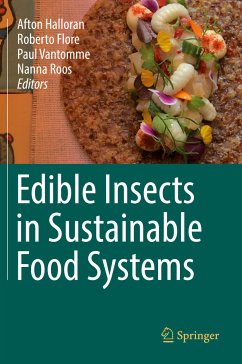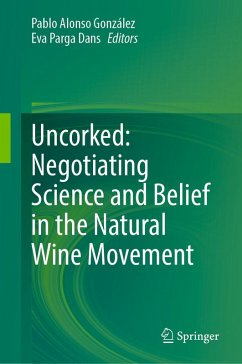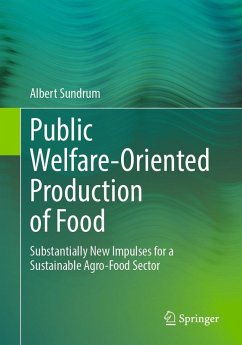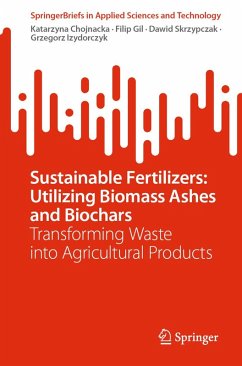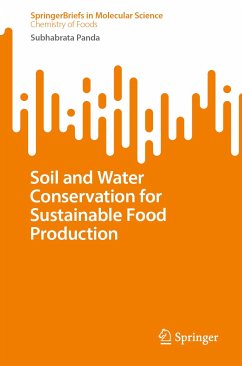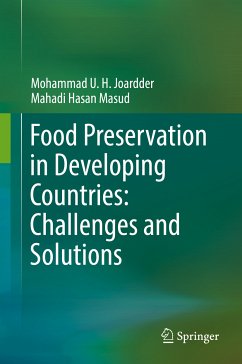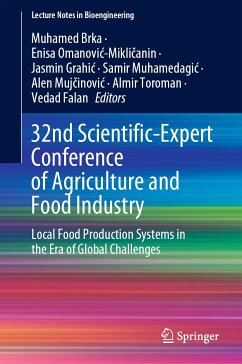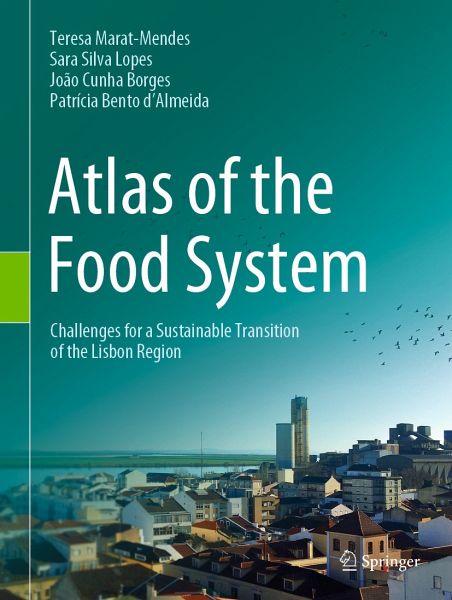
Atlas of the Food System (eBook, PDF)
Challenges for a Sustainable Transition of the Lisbon Region
Versandkostenfrei!
Sofort per Download lieferbar
191,95 €
inkl. MwSt.
Weitere Ausgaben:

PAYBACK Punkte
96 °P sammeln!
This book is a visual guide to the territorial dynamics operating within a territory. The reading of such dynamics is fundamental in understanding the role of food in cities. This atlas provides a refreshing approach to the study of the city and of its territory, expanded from the perspective of the food system. This book illustrates the impacts of urban planning options on the function of the contemporary Food System of the Lisbon Region, while disclosing its associated urban form solutions. It provides a possible methodology for the reading of the food system based on an analysis of planning...
This book is a visual guide to the territorial dynamics operating within a territory. The reading of such dynamics is fundamental in understanding the role of food in cities. This atlas provides a refreshing approach to the study of the city and of its territory, expanded from the perspective of the food system. This book illustrates the impacts of urban planning options on the function of the contemporary Food System of the Lisbon Region, while disclosing its associated urban form solutions. It provides a possible methodology for the reading of the food system based on an analysis of planning instruments and their morphological outcomes, both in the territory but also on the various built forms which have resulted over time. A key focus of the atlas is exploring how planning has regulated the evolution of the Lisbon Region since the 20th century and its implications on the food system.
The atlas results from an exhaustive survey and research work conducted in Lisbon Metropolitan Area for a research project, SPLACH - Spatial Planning for Change, for the past 3 years, in terms of the analysis of its Food System and Urban Planning, aiming to inform the delineation of planning strategies towards a sustainable urban environment. It is an important reference for planners, architects, planning and architecture students as well as municipal technicians and the general public, as it provides a refreshing and useful source of information to support further readings about the food system and its relations to urban planning instruments and urban form solutions. Furthermore, it builds a contemporary reading about possible solutions to promote a sustainable transition of the current food systems, while enhancing the strategic role of planning and urban form.
The atlas results from an exhaustive survey and research work conducted in Lisbon Metropolitan Area for a research project, SPLACH - Spatial Planning for Change, for the past 3 years, in terms of the analysis of its Food System and Urban Planning, aiming to inform the delineation of planning strategies towards a sustainable urban environment. It is an important reference for planners, architects, planning and architecture students as well as municipal technicians and the general public, as it provides a refreshing and useful source of information to support further readings about the food system and its relations to urban planning instruments and urban form solutions. Furthermore, it builds a contemporary reading about possible solutions to promote a sustainable transition of the current food systems, while enhancing the strategic role of planning and urban form.
Dieser Download kann aus rechtlichen Gründen nur mit Rechnungsadresse in A, B, BG, CY, CZ, D, DK, EW, E, FIN, F, GR, HR, H, IRL, I, LT, L, LR, M, NL, PL, P, R, S, SLO, SK ausgeliefert werden.



